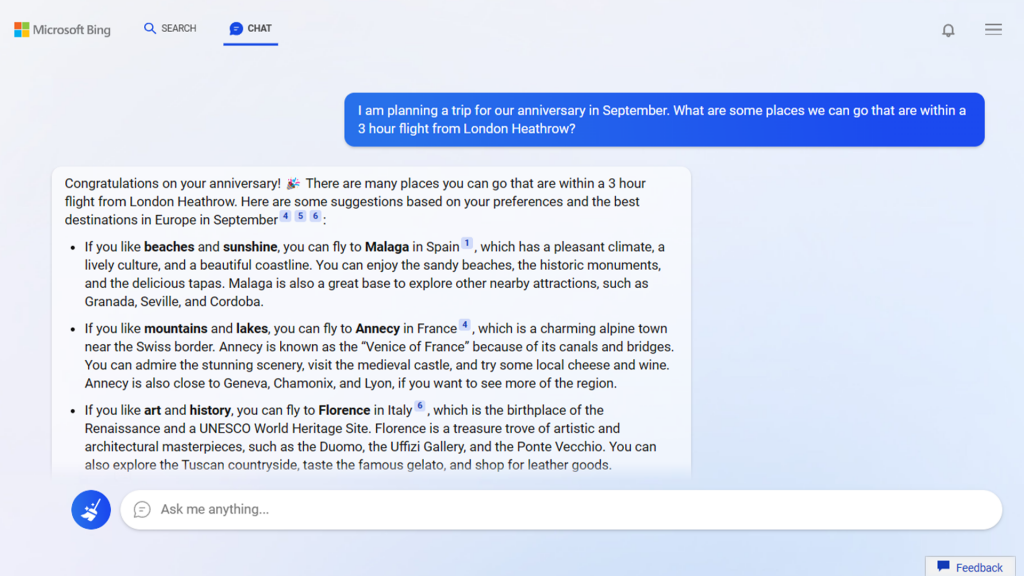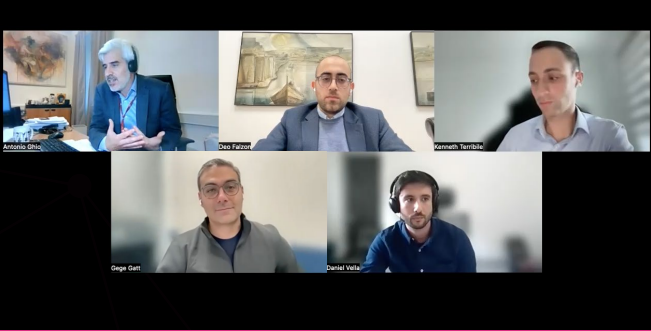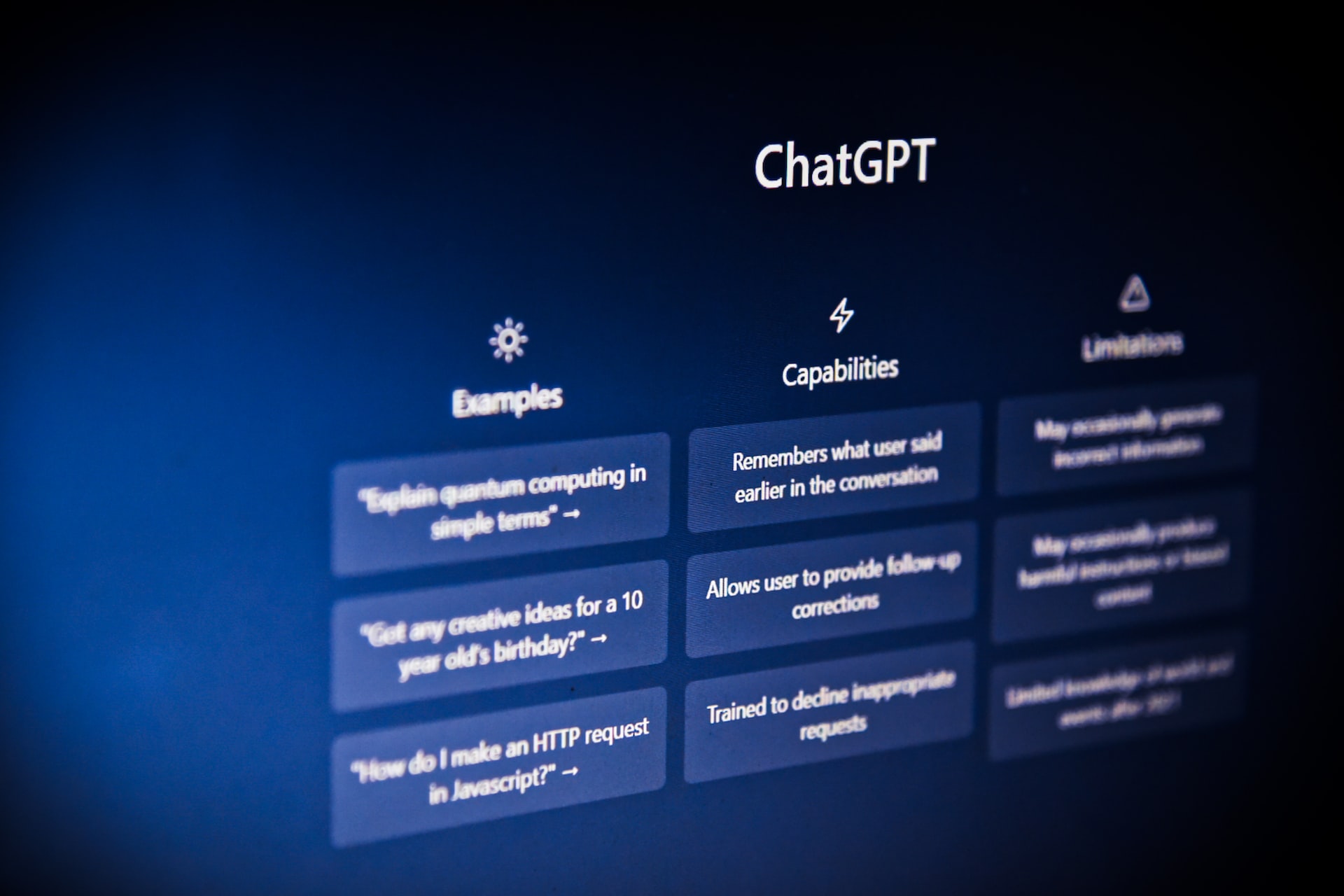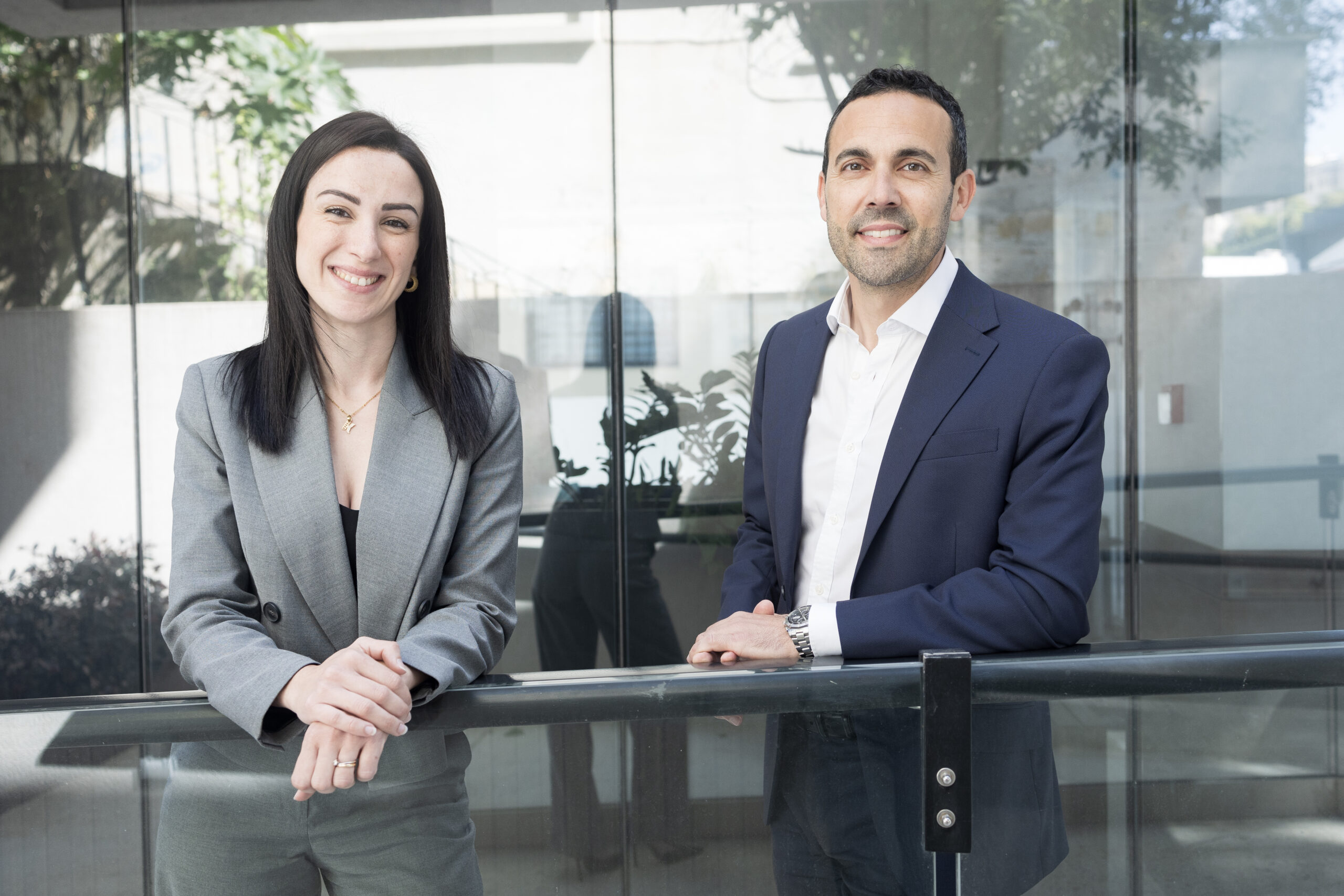A whitepaper has been published by the Malta IT Law Association (MITLA) titled, ChatGPT: The Good, the Bad, and the Ugly, highlighting the need for better policy orientation around emerging technologies such as artificial intelligence (AI).
AI has increasingly become a topic of daily discussion, with major tech companies such as Microsoft, Google and Baidu entering the race to stake their claim in the emerging market.
“OpenAI’s ChatGPT has introduced AI to the masses and can be very useful as a tool to assist people in written tasks. While there are dangers associated with AI even in terms of job displacement, there is also a reality that AI developments will create new jobs that today cannot even be imagined. ChatGPT could also make up for certain skills shortages and make people and organisations produce higher quality work faster and at lower costs,” read MITLA’s whitepaper.
The association warned that while the company behind ChatGPT began as a non-profit, it is a for-profit entity, “creating concerns that the company may ignore wider ethical implications in a race for profits.”
This can be seen in OpenAI’s partnership with Microsoft which has led to ChatGPT’s integration into Bing search, as a way for the company to gain a competitive advantage in online search.

The whitepaper includes the following seven recommendations:
- As it becomes easier to manufacture credible-sounding misinformation, a counter-investment is required to make reliable information freely accessible quickly. This must be coupled with lifelong education that empowers citizens to separate truth from fiction and deliberate misinformation.
- There must be an effort to regulate emerging technologies to minimise biases inherent in the datasets that feed them, as well as to prevent the abuse of machine learning to the point that tools like ChatGPT can be sabotaged or manipulated to give false, inaccurate or dangerous information.
- There must also be an international effort to prevent such powerful tools from being built, deployed and regulated only by shareholders seeking to maximise profit. Some controls must be in place, at the very least to ensure transparency and monitoring to protect society at large.
- Our education system must be analysed to ensure that students are being equipped with the necessary tools to adapt to emerging technologies. Unless education is focused on training people to adapt to new skills and technologies, they will be left out of the job market of the future.
- Online platforms that rely on user-generated content must find ways of preventing ‘phoney’ advice from sabotaging their product. In a world which enables cheap mimicry of information, there must be a stronger effort to monitor and moderate user-generated content.
- Educators must be assisted to adapt to technologies like ChatGPT which may radically change the way homework and exams must be deployed. Entities like OpenAI would do well to equip educators with tools that can identify AI writing and plagiarism.
- Legal changes are needed to map out the responsibilities and liabilities of AI companies, to ensure that they are either held accountable for the repercussions of misleading information or that they give adequate warning to users.
The association believes that taking proactive measures to address issues arising from AI can help ensure that technology such as ChatGPT can be deployed in a way that serves the public good while protecting individuals, institutions and society at large.

Following the annual general meeting held on 27th January 2023, MITLA elected a new committee with Anthonio Ghio as president, and Sharon Xuereb as vice-president.
Malta’s inbound tourism surges by 14.6% in April 2025
194,126 tourists visited the sister islands
Childcare centres raise alarm over delayed service agreement
Discussions with the Government have yet to result in any concrete proposals, said CCPA President Simon Zammit
Built differently – CLA Malta offers custom solutions in a cookie-cutter landscape of tax advisory and business
Their client-centric philosophy extends far beyond conventional consultancy.






